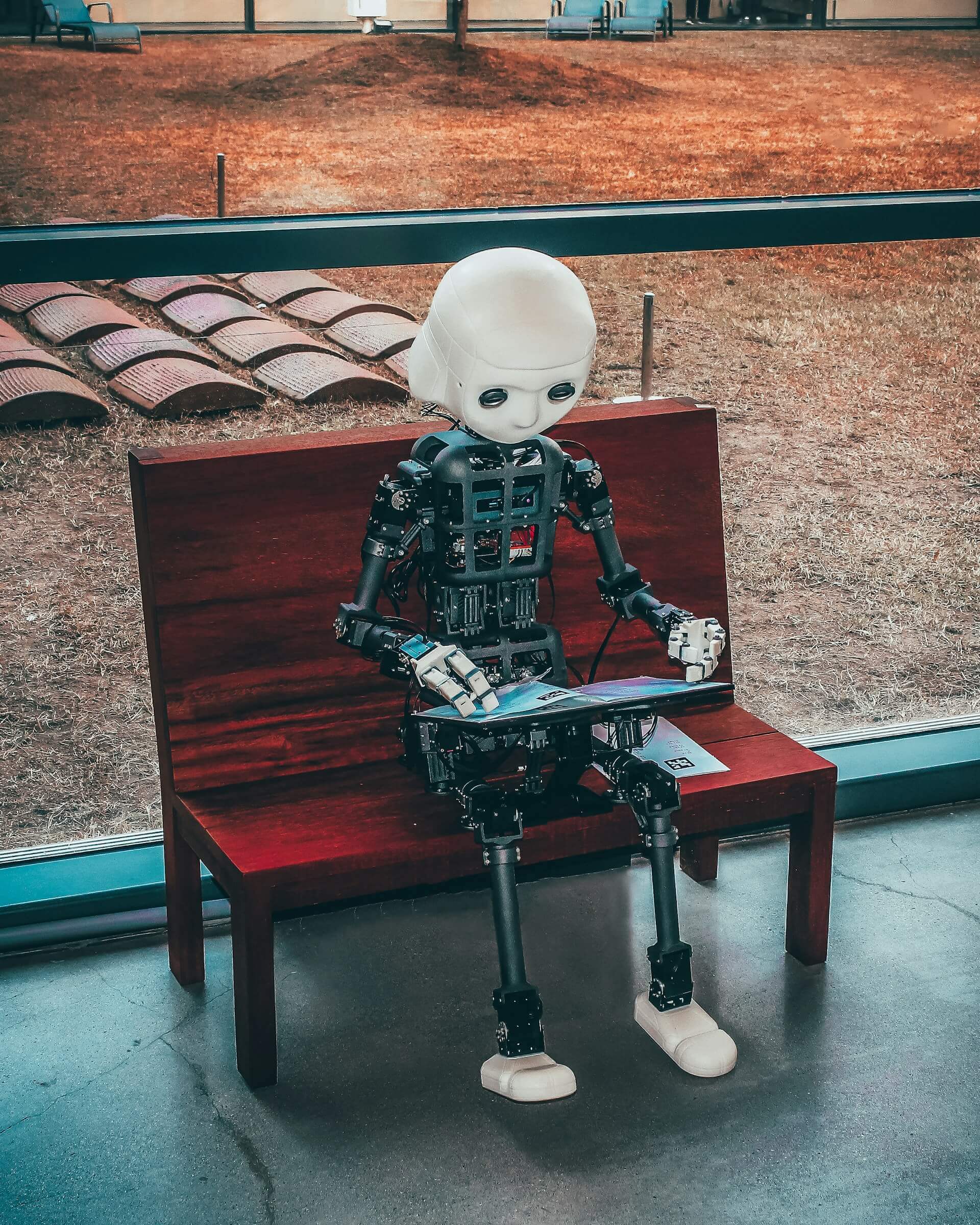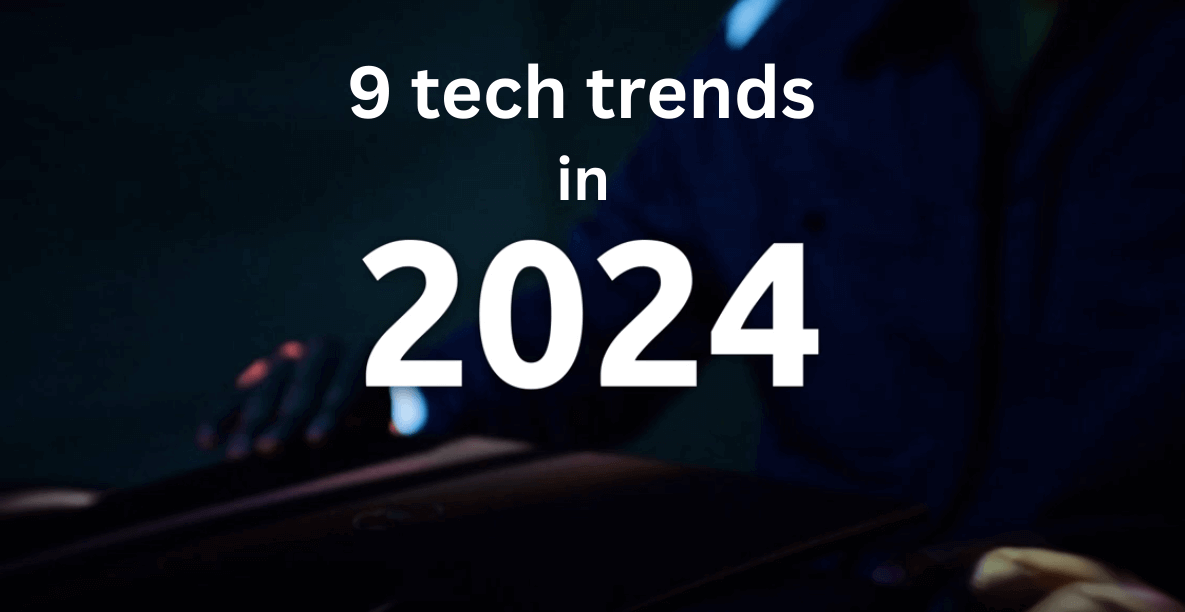With the rapid growth of the advancement of artificial intelligence (AI) in transforming industries and economies worldwide, South Korea will be facing devasting job loss in the coming decade according to a study by the Bank of Korea. A recent study by the Bank of Korea (BOK) suggests that AI could potentially replace up to 4 million jobs in South Korea, or 14% of the country’s total workforce, over the next two decades. This significant shift in the labor market raises concerns about job displacement and the need for reskilling and upskilling workers.
The BOK study, conducted by a team led by Oh Sam-il, analyzed the potential impact of AI on various occupations in South Korea. The findings indicate that jobs in industries such as manufacturing, wholesale and retail trade, and administrative and support services are at the highest risk of automation. Higher-income workers with better academic backgrounds are also found to be more vulnerable to AI displacement, as AI systems become increasingly capable of handling analytical and cognitive tasks.
While the prospect of AI-induced job losses may seem daunting, it’s important to recognize that AI also presents opportunities for new job creation and economic growth. The BOK study highlights the growing demand for skilled workers in STEM fields (science, technology, engineering, and mathematics) as AI becomes more integrated into various industries. Additionally, the study emphasizes the importance of developing softer interpersonal skills such as communication, teamwork, and creativity, as these skills will become increasingly valuable in an AI-driven economy.
To effectively navigate the AI revolution, South Korea must implement strategic measures to prepare its workforce for the challenges and opportunities ahead. These measures should include:
Investing in education and training about AI tools:
The government should prioritize STEM education to ensure a steady supply of skilled workers in AI-related fields like machine learning, and deep learning. Additionally, reskilling and upskilling programs should be made available to help existing workers adapt to the changing demands of the labor market.
Encouraging innovation and entrepreneurship:
The government should foster an environment that encourages innovation and entrepreneurship in AI-driven industries. This could involve providing funding for research and development, supporting startups, and creating incentives for businesses to adopt AI technologies.
Promoting lifelong learning:
The concept of lifelong learning should be embraced to ensure that workers remain adaptable and continuously develop new skills throughout their careers. This could involve providing access to online learning platforms, encouraging job shadowing and mentorship programs, and promoting a culture of continuous learning within organizations.
Addressing social safety nets:
As AI displaces some jobs, it is crucial to strengthen social safety nets to support affected workers during their transition to new employment. This could involve providing unemployment benefits, retraining assistance, and job placement services.
In conclusion, while AI presents the potential for significant job displacement in South Korea, it also offers opportunities for new job creation and economic growth. By implementing proactive measures to prepare its workforce, South Korea can effectively harness the power of AI to drive innovation, enhance productivity, and sustain its economic competitiveness in the global landscape.



